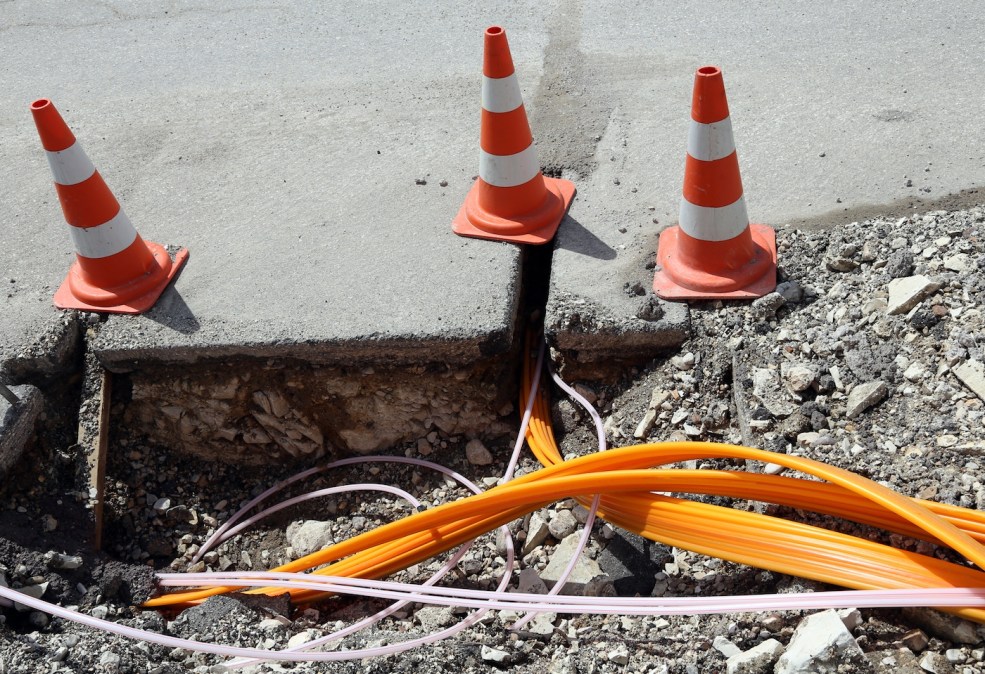Permitting processes key for smooth BEAD broadband deployments, report says

The efficacy of local government permitting processes will be critical to deploying broadband projects funded by the federal Broadband Equity, Access, and Deployment program, according to a paper published Wednesday by the Benton Institute for Broadband and Society.
The report says that the $42.45 billion provided by the BEAD program will accelerate broadband network construction, but put the majority of responsibility on local governments to provide permits to internet service providers. The report claims those processes usually take time and resources that not every municipality can handle.
“Such extensive broadband construction will require extensive construction permitting, and construction permitting often happens at the local level. Thus, the historic effort to close the digital divide will ultimately flow through the permitting offices of our local governments,” Drew Garner, policy engagement director at the Benton Institute for Broadband and Society, said in a press release.
The report notes that each local government has a unique permitting process that outlines staff, timelines, inspections and requirements for adapt to the characteristics of their communities, including water tables, surface components and population densities. Internet service providers may also use varying construction processes, transmission technologies and project designs.
The paper, which includes case studies and checklists for ISPs, as well as local, state and federal agencies, notes that the pressure for speedy and successful deployment rings especially true in rural areas, where municipal resources are often scarce, but where BEAD activity will be highest — findings that were identified during a recent national summit on local permitting processes held by the Georgetown Law Institute for Technology Law and Policy.
To prepare for the upcoming wave of broadband construction, the report’s authors recommended local governments foster early communication between permit seekers and permitting authorities, provide resources to permitting authorities and monitor processes to ensure transparency and consistency.
In recognition that broadband construction is a often a yearslong process, the authors recommended “ISPs and municipal officials should discuss factors that influence local permitting, such as protecting public safety and mitigating disruption to resident lives.”
In January, the National Telecommunications and Information Administration approved the first volume of plans submitted by all 56 states and territories for the BEAD program to close the digital divide for 24 million Americans, roughly 7% of the country’s population, who still lack access to reliable, high-speed internet, according to a March report by the Federal Communications Commission.






